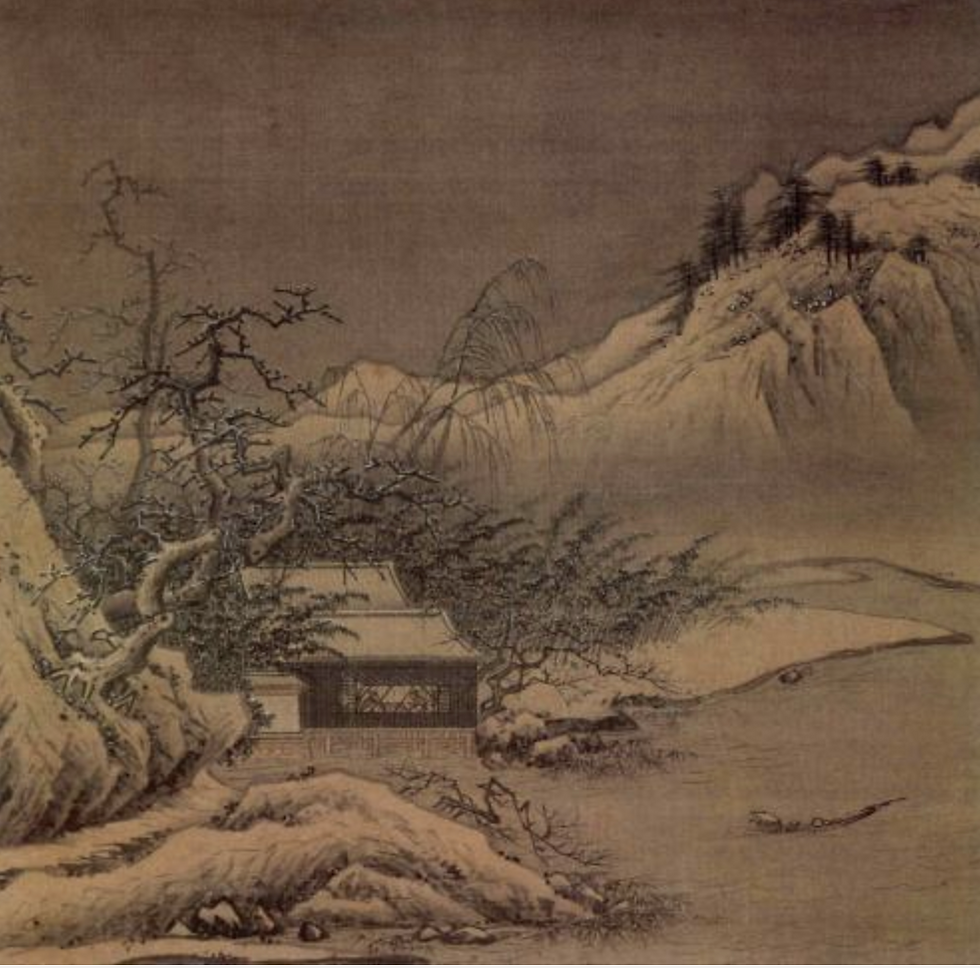西江月·平山堂 My Visit to Pingshan Hall
- Julia Min
- Feb 22, 2024
- 2 min read
Updated: Mar 2, 2024
西江月·平山堂
原作: 苏轼(字子瞻, 号东坡居士; 11世纪北宋)
英译: 闵晓红(2024.02)
三过平山堂下,
半生弹指声中。
十年不见老仙翁,
壁上龙蛇飞动。
欲吊文章太守,
仍歌杨柳春风。
休言万事转头空,
未转头时皆梦。
My Visit to Pingshan Hall
(in memory of my beloved teacher)
-to the tune The Moon over West River
Chinese original: Su Shi (11th AC, social name 'Dongpo')
English translation: Julia Min (Feb. 2024)
This is my third visit to his Pingshan Hall.
In a snap of fingers my life’s already half short.
He’s absent for ten years, gone to heaven.
Yet his cursive on the wall lives a flying dragon.
In memory of the mayor who left great writings,
We sing his ci ‘weeping willows in spring wind’.
Don’t say all things are nothing upon one’s leaving.
I’d say life’s but a dream even before one’s leaving.

Notes:
1. Pingshan Hall: the Hall of Mt Ping, or Pingshan, a complex of halls and pavilions attached to the Daming Temple at Yangzhou. The site enjoys a panoramic view of the Yangtze River and a network of hills and lakes. If you’d like to know a bit more about the site, please refer to our translation in this series “To Zhang Woquan at the Bracing Pavilion of Huangzhou”《水调歌头.赠张渥全》.
2. my beloved teacher: Lord Ouyang who had the hall built and gave its name when he was Mayor of Yangzhou.
3. a flying dragon: the Chinese dragon is a long, snake-shaped mascot, and cursive calligraphy can be as vivid as a dragon flying in the sky.
4. the mayor … wind: Ouyang Xiu called himself ‘the mayor who left great writings’ in his ci poem “Pingshan Hall”《朝中措.平山堂》where he wrote the famous line about weeping willow in spring wind. ("... 手种堂前垂柳,别来几度春风?
文章太守,挥毫万字,一饮千钟。...")
Appreciation:
It was likely 1084 when Dongpo visited his favorite place again. He was at last released from his banishment at Haungzhou, now on his way north. Lord Ouyang had been a great influence on Su Shi ever since the young lad entered the Imperial Exam. The last couplet reflects the Buddist realization that the world we see is just illusion.
Reference:
《朝中措.平山堂》 欧阳修(1007-1072),字永叔,号醉翁 平山栏槛倚晴空,山色有无中。 手种堂前垂柳,别来几度春风? 文章太守,挥毫万字,一饮千钟。 行乐直须年少,尊前看取衰翁。
picture from Google



Comments